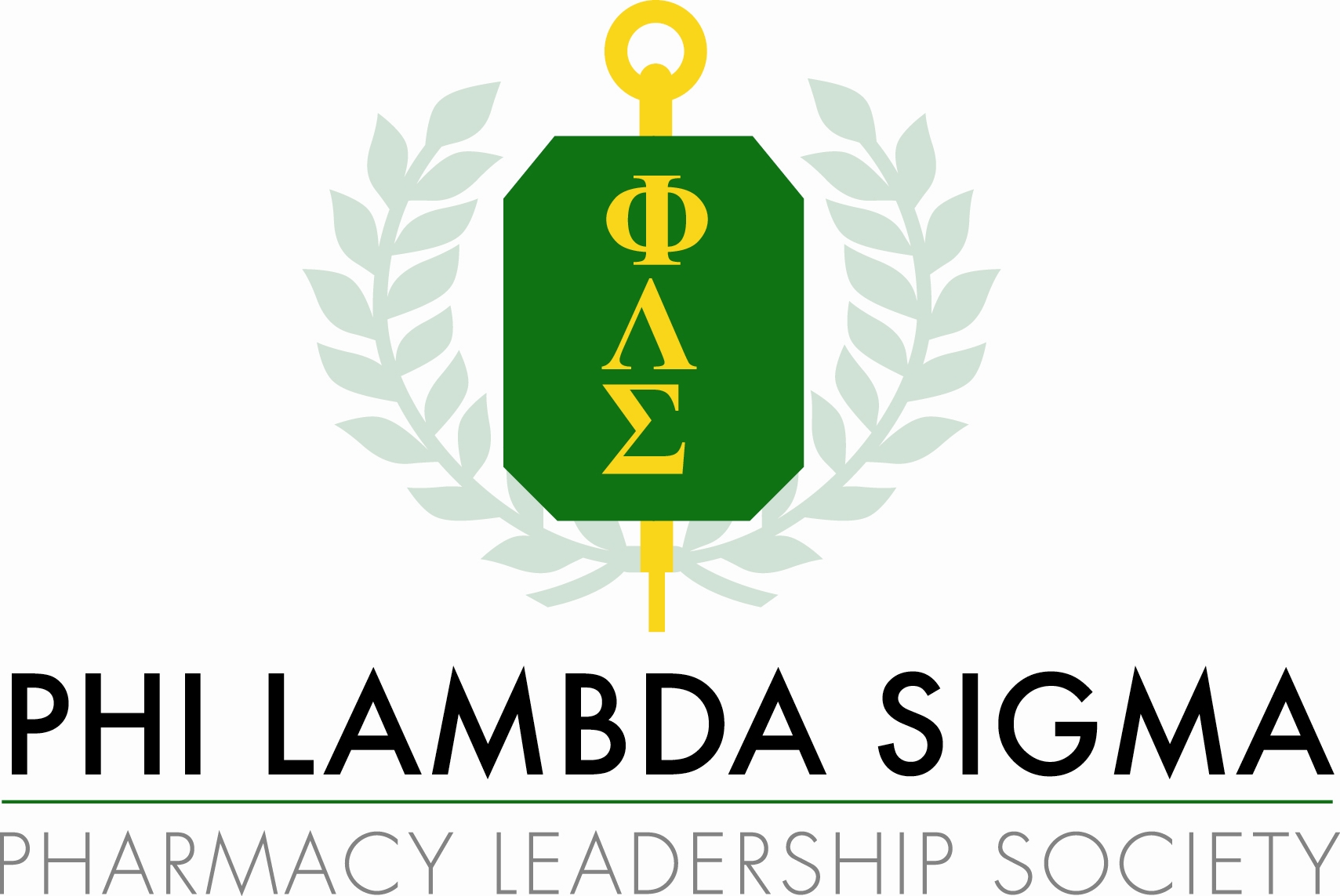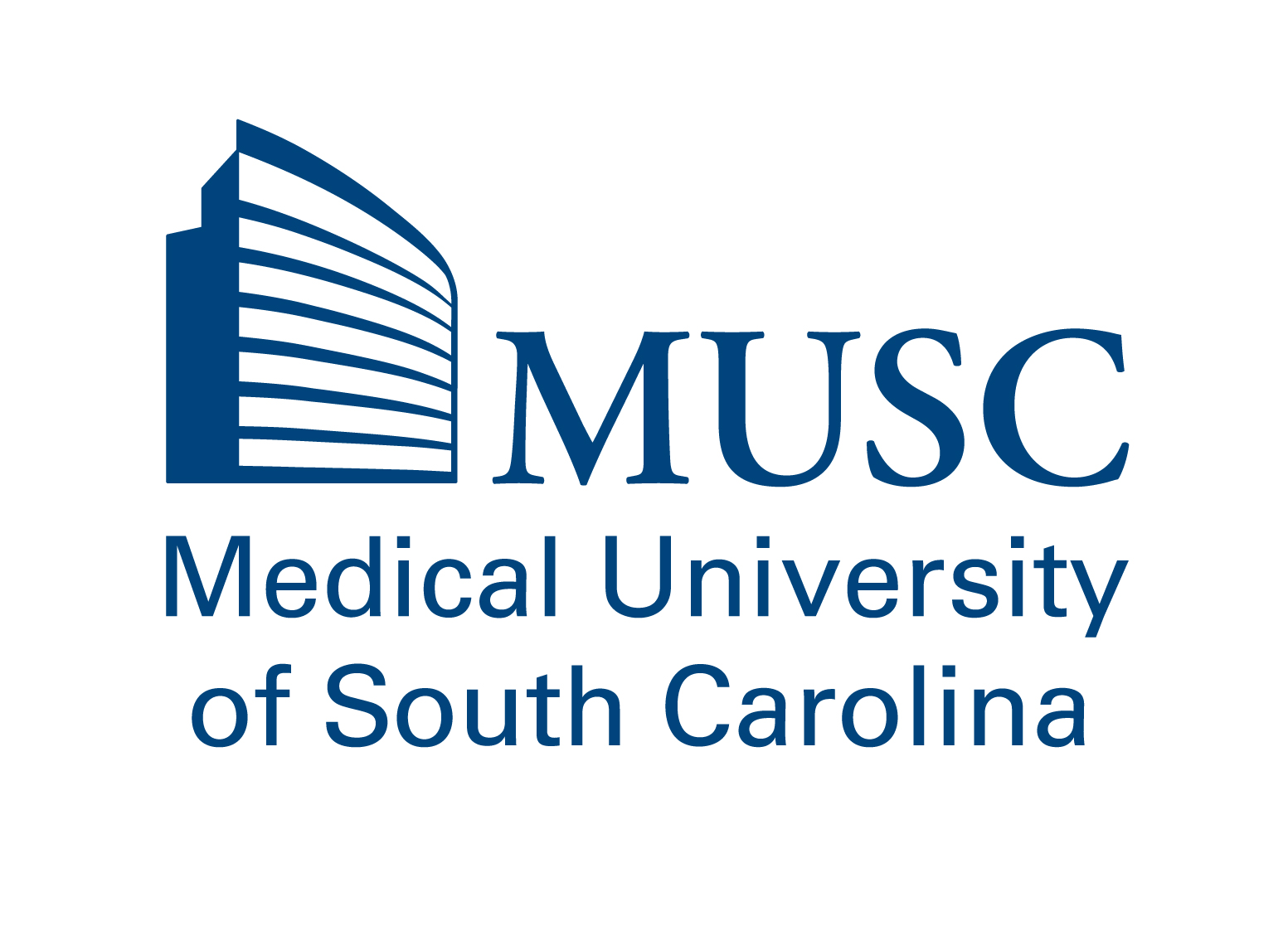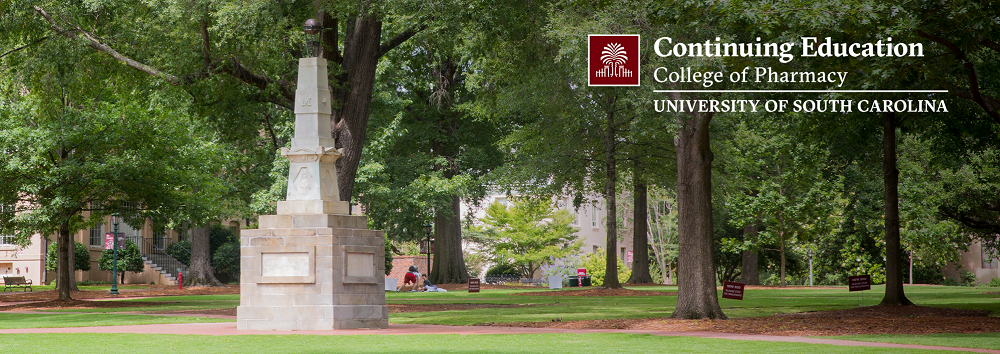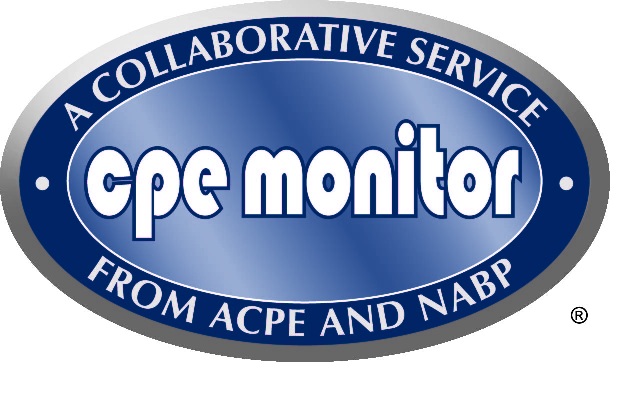

The Resilient Leader: Immunizing for Stress
with Drs. Eleanor Vogt, Henry Kahn, and James Kuperberg
February 9th, 2019
8:30 am - 4:00 pm
Hosted by: Beta Chi Chapter, Phi Lambda Sigma Leadership Society, Medical University of South Carolina
To view the full program flyer, click here!
Registration: Click here to register!
Location: North Charleston Marriott, 4770 Goer Drive, North Charleston, SC 29406
Payment: Tuition is $120 for pharmacists, $90 for pharmacy technicians, and $60 for health professions students (who must bring their ID badge at the time of registration). Payment can be made through Square Up by clicking here, through Venmo (@PLSbetachi), or by check payable to Phi Lambda Sigma and sent to Cathy Worrall, PharmD, BCPS, FAPhA, Medical University of South Carolina, 280 Calhoun Street, MSC 140 QE223, Charleston, SC 29425
Event Overview: The evidence abounds. A compelling body of research estimates that psychosocial stressors can play a contributing role in aggravating and even initiating pathology. Patient stress can limit the efficacy of our efforts to achieve optimal care management AND our own practitioner stress can lead to errors in judgement, dissatisfaction, and burnout. This topic belongs squarely within the health care leader’s’ scope of practice and urgently calls for an expanded approach to caring for our patients AND caring for ourselves. This is an experiential workshop. We will explore tools, techniques, and resources to help build resiliency medicine for ourselves, our patients, and our workplace environment.
Event Speakers:
Eleanor Vogt, RPh, PhD - Dr. Vogt currently is a Health Sciences Clinical Professor at the University of California San Francisco School of Pharmacy and was awarded the 2004-2005 Presidential Chair. Dr. Vogt served as Senior Fellow at The Institute for the Advancement of Community Pharmacy. She was named Senior Fellow of the National Patient Safety Foundation at the American Medical Association and was a member of the Foundation’s pioneer founding team. Dr. Vogt has been recognized nationally for her leadership in safe medication use in older adults by the National University Education Association and by the FDA in developing the precedent setting Pharmaceutical Safe Use Initiative. Dr. Vogt received her B.S. in Pharmacy from Creighton University; an M.Ed. in Adult Education and a Certificate in Human Relations from Boston University; and a Ph.D. in Educational Administration from the University of Wisconsin.
Henry Kahn, MD - Dr. Kahn currently is a Clinical Professor of Medicine at UCSF School of Medicine, board-certified in Internal Medicine, and a Certified High- Performance Coach. As a lecturer, educator, and personal development coach, he is focused on effective stress management and resiliency tools and techniques. As a former Director of UCSF Student Health and Counseling Services from January 1997 through June 2011, Dr. Kahn guided the implementation of an electronic medical record system, produced service enhancements including evening clinics, a second clinic at Mission Bay, IUD Placements, a travel clinic for the students who study abroad, dietician counseling, and substance abuse counseling. Dr. Kahn received his M.D. from the UCSF School of Medicine, completed his Internal Medicine Residency at UCSF, and became Chief Medical Resident atUCSF.
James Kuperberg, MBA, PhD - Dr. Kuperberg served as the Department Chair of Social, Behavioral and Administrative Sciences, as a member of the College Management committee, and for three years as Chair of the Admission Committee from 2005 until his retirement in 2011. Dr. Kuperberg has been involved in the development of public policy and regulatory strategies from both the private sector and governmental perspective. He was appointed Commissioner by the Governor of Wisconsin and served on the Wisconsin Hospital Rate-Setting Commission for a term which ended in 1987. Dr. Kuperberg served as a Founding Faculty member of the College of Pharmacy at Touro University – California. Since his retirement, Dr. Kuperber has provided pro-bono consulting to not for profit health care and social service organizations and small business start-ups. Dr. Kuperberg received his Ph.D. in Urban Social Institutions (Health Policy) from the University of Wisconsin – Milwaukee and his MBA from Ohio University.
Learning Objectives:
At the completion of this program, the participant will be able to:
1. Apply one or more resiliency medicine tools/techniques in both their personal and professional lives.
2. Demonstrate and show one or more resiliency medicine techniques to their family, friends and colleagues.
3. Recall and describe the basic physical, social, behavioral and neuroscience supporting the techniques experienced in the program.
4. Create a resiliency medicine prescription for themselves as well as their family, friends and colleagues.
5. Incorporate the principles of resiliency medicine into their professional preparation or continuing education programs.
2. Demonstrate and show one or more resiliency medicine techniques to their family, friends and colleagues.
3. Recall and describe the basic physical, social, behavioral and neuroscience supporting the techniques experienced in the program.
4. Create a resiliency medicine prescription for themselves as well as their family, friends and colleagues.
5. Incorporate the principles of resiliency medicine into their professional preparation or continuing education programs.
Program Agenda:
|
7:30 AM
|
Registration
|
|
8:30 AM –
10:30 AM
|
- What is Resiliency and Who is a Resilient Leader?
- Why Should You Care?
- Thoughts, Feelings, and Outcomes
- The Potent Medicine of Appreciation and Gratitude
|
|
10:30 AM –
10:45 AM
|
Morning Break
|
|
10:45 AM –
12:00 PM
|
- The Tools of Resiliency Medicine
- The Healing Power of Breath, Mindfulness, and Meditation
- Is Stress Really Harmful?
|
|
12:00 PM –
1:00 PM
|
Lunch
|
|
1:00 PM –
2:00 PM
|
- The Mind/Body Ever Working Connection
- Presence and Connection as Medicine
- Is Imagination Make Believe or Make Real?
- Internal Narratives and the Power of Thought
|
|
2:00 PM -
2:15 PM
|
Afternoon Break |
|
2:15 PM –
3:00 PM
|
- Why Tell a New Story? How Tell a New Story?
- Illusions, Perceptions, and Verbal Hygiene Medicine
|
|
3:00 PM –
4:00 PM
|
- The Worksheet
- Modeling Resiliency in the Workplace
- Incorporating Resiliency in Education
- The Take Home Prescription
|
Date: Feb 9, 2019 08:30 AM - 04:00 PM
CE Hours
6.00
CE Units
0.600
Activity Type
- Application
Target Audience(s)
- Pharmacists
- Pharmacy Technicians
Accreditation(s)

|
The University of South Carolina College of Pharmacy is accredited by the Accreditation Council for Pharmacy Education as a provider of continuing pharmacy education.
|
Co-Sponsor(s)
MUSC
Requirements for CE Credit
Participants must sign in upon arrival and have attendance verified.
To claim credit for this activity, participants must complete the online program evaluation and must update their accounts to properly reflect their month/day of birth and correct NABP e-Profile ID. To register with NABP or look up your NABP e-Profile ID, please click on the CPE Monitor logo below to be directed to their site.
Credit that is claimed greater than 60 days from the date of the program will be automatically rejected by the CPE Monitor. Claiming credit within 30 days of the live program will ensure that any issues with transmission to the CPE Monitor can be rectified in advance of the 60-day deadline. If you would like a paper statement of credit, you may print an individual statement or a transcript from your NABP e-Profile.
At the completion of this activity, the participant will be able to:
1. Apply one or more resiliency medicine tools/techniques in both their personal and professional lives.
2. Demonstrate and show one or more resiliency medicine techniques to their family, friends and colleagues.
3. Recall and describe the basic physical, social, behavioral and neuroscience supporting the techniques
experienced in the program.
4. Create a resiliency medicine prescription for themselves as well as their family, friends and colleagues.
5. Incorporate the principles of resiliency medicine into their professional preparation or continuing education
programs.
1. Apply one or more resiliency medicine tools/techniques in both their personal and professional lives.
2. Demonstrate and show one or more resiliency medicine techniques to their family, friends and colleagues.
3. Recall and describe the basic physical, social, behavioral and neuroscience supporting the techniques
experienced in the program.
4. Create a resiliency medicine prescription for themselves as well as their family, friends and colleagues.
5. Incorporate the principles of resiliency medicine into their professional preparation or continuing education
programs.
Speaker(s)/Author(s)
|
Eleanor M. Vogt, RPh, PhD
|
|
|
Henry J. Kahn, MD
|
|
|
James R. Kuperberg, MBA, PhD
|
Activity Number
0062-9999-18-001-L04-P/T
Date:
02/09/19
Time:
08:30 AM - 04:00 PM
CE Hours
6.00

